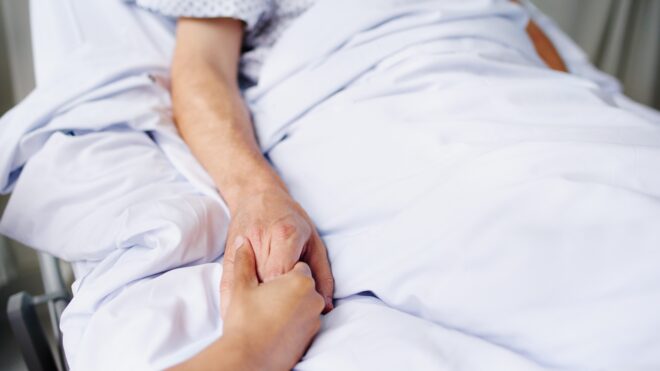From the time our period begins, we hear all about PMS: how bad it is, how crabby women get right before “that time of the month,” how much cramps suck, and on and on. But there’s another time of the month that can mess with your body (and your mind!) just as much — or in some cases, even more than PMS. Here, we’ll learn all about ovulation, the lesser-known cousin of PMS, and some of the downright wacky symptoms of ovulation.
To begin with, it’s helpful to know when you ovulate. Ovulation occurs in the middle of your menstrual cycle when your body releases an egg from the fallopian tube to be fertilized. As soon as your period ends, your body begins gearing up to release the next egg, which then happens around day 14 of your cycle if you have a typical 28-day cycle. After the egg is released, it travels to the uterus. If it’s fertilized by sperm, a pregnancy begins as the fertilized egg burrows into the lining of your uterus. And did you know that you can even use ovulation to determine the sex of your baby? It’s called the Shettles method, and it’s said to be more than 75% effective at choosing the sex of your baby.
That aside, if the egg isn’t fertilized, then your period will start a few weeks later as the lining of your uterus sheds in preparation for the next cycle. Although ovulation itself only lasts about 24 hours, you may feel ovulation symptoms for several days prior to the actual release of the egg.
One of the hallmark signs of ovulation is an increase in stringy cervical mucus with an egg-white consistency. While most women notice ovulation discharge, they don’t pick up on a host of other cues that are actually ovulation symptoms. Read on to find out 10 of the strangest symptoms you’ve never associated with ovulation before.
Thumbnail Photo: Flickr / Dafne Cholet
1. Spotting During Ovulation

It’s not one of the most common ovulation symptoms, but spotting during ovulation can happen. It’s likely a result of hormonal changes, like elevated estrogen levels, or possibly even the remnants of last month’s period, according to What to Expect. The good news is that it’s often very light to nearly nonexistent, and it isn’t anything to worry about. If you’re trying to get pregnant, spotting during ovulation can be a key indicator that it’s time to… well, you know.
2. Lower Back Pain
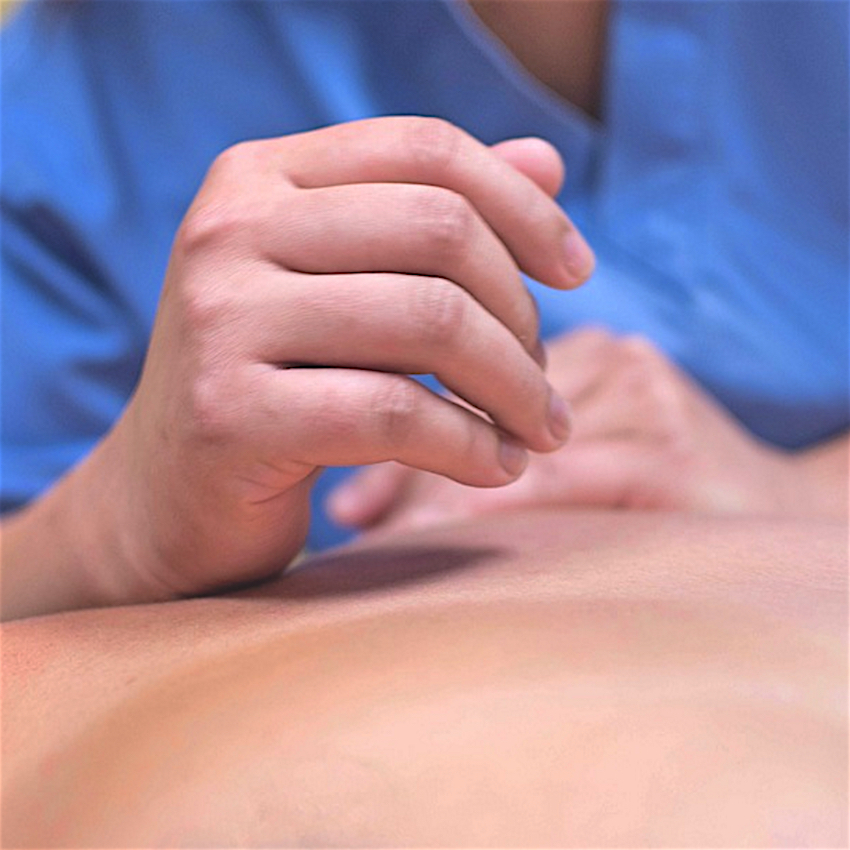
Although back pain and back cramping are hallmark symptoms of PMS, they can occur just before or during ovulation as well. Back pain is often associated with cramping during ovulation.
3. Ovulation Pain
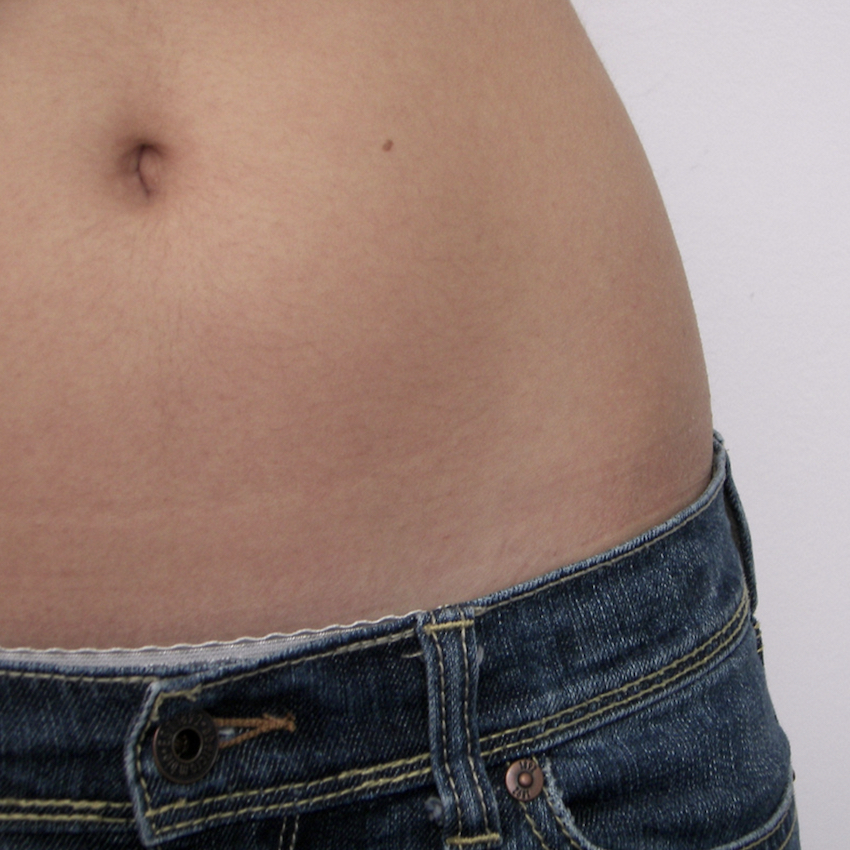
Feeling some strange twinges “down there”? These small pains have a big name — mittelschmerz, to be exact — which means “middle pain” in German. According to HealthHub, 25% of women experience mittelschmerz. Although these twinges are harmless, and can be super helpful if you’re wondering how to know when you’re ovulating, they can be annoying, too. If you’re experiencing ovulation pain, try taking a warm bath or using a warm compress on your abdomen.
4. Increased Sex Drive
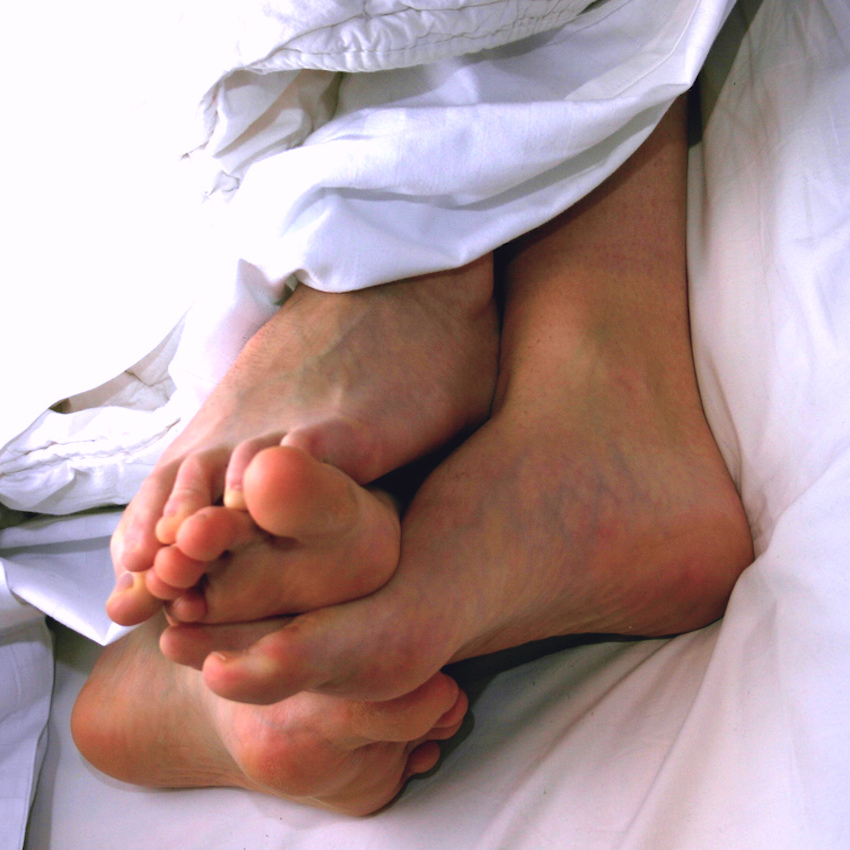
Don’t be surprised if you’re in the mood more often right in the middle of the month — this is another of the lesser-known signs of ovulation. Given all the less-than-fabulous things you go through right before and during your period, consider this one a gift from the fertility gods. That’s right, your increased sex drive during ovulation is the result of a biological push to reproduce, according to WebMD. Strike while the iron’s hot, and all that.
5. Moodiness
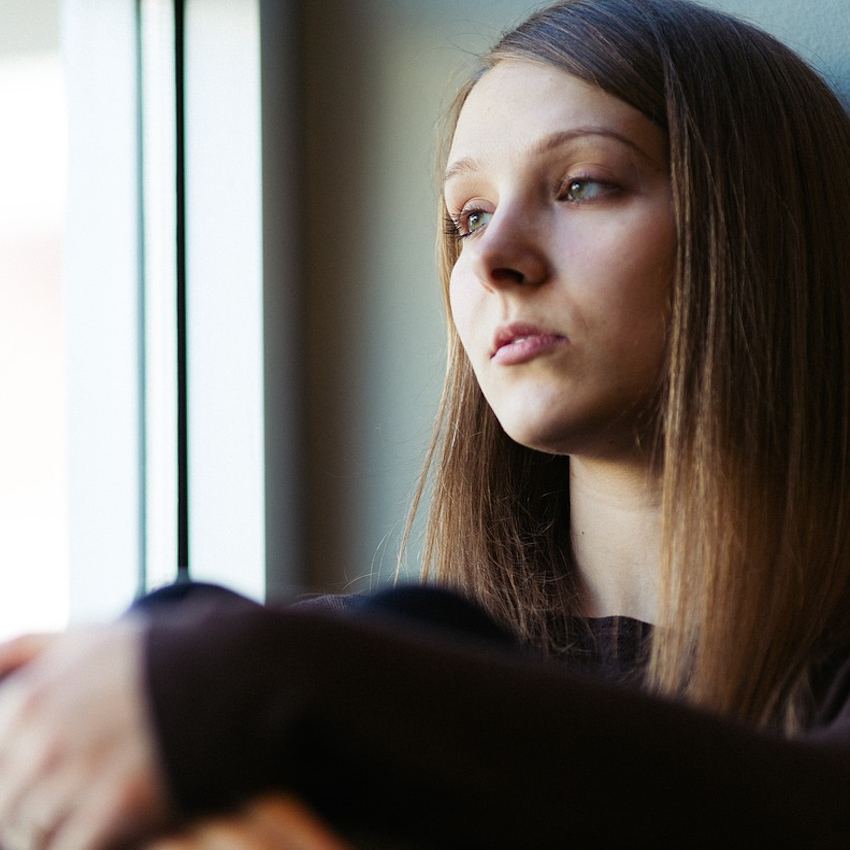
Although moodiness is more typically associated with PMS, it’s also one of the symptoms of ovulation. There are some women who get incredibly moody and crabby right around ovulation. I’m definitely one of them — I wake up feeling exhausted and irritable, and by the end of the day I can rarely deal with a lot of things. I have to double my efforts to even be somewhat nice to my husband and kids during ovulation. Maybe this is biology working in reverse to encourage me not to have any more kids?
6. Sore Nipples
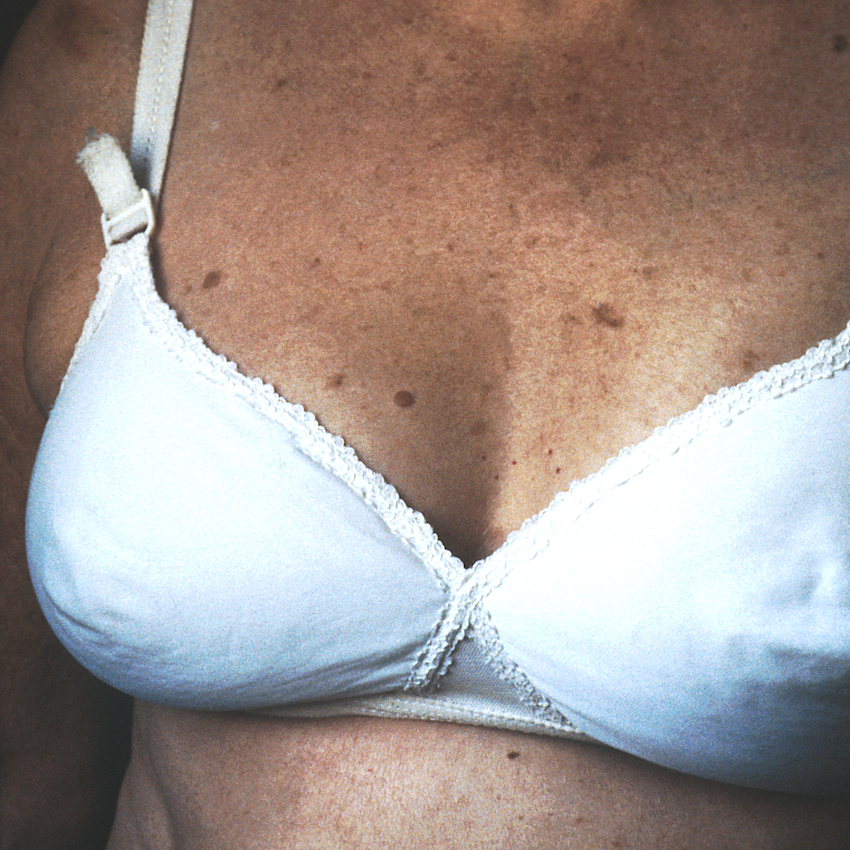
Here’s another sneaky sign of ovulation that’s more closely associated with PMS and your period. When your morning shower becomes more irritating because your nipples feel like you slept with sandpaper in your bra, you may very well be ovulating. This short-lived (thankfully!) pain is a result of the surge in progesterone that happens as you ovulate. Don't worry, it decreases after the egg is released.
7. It Hurts To Sit Down
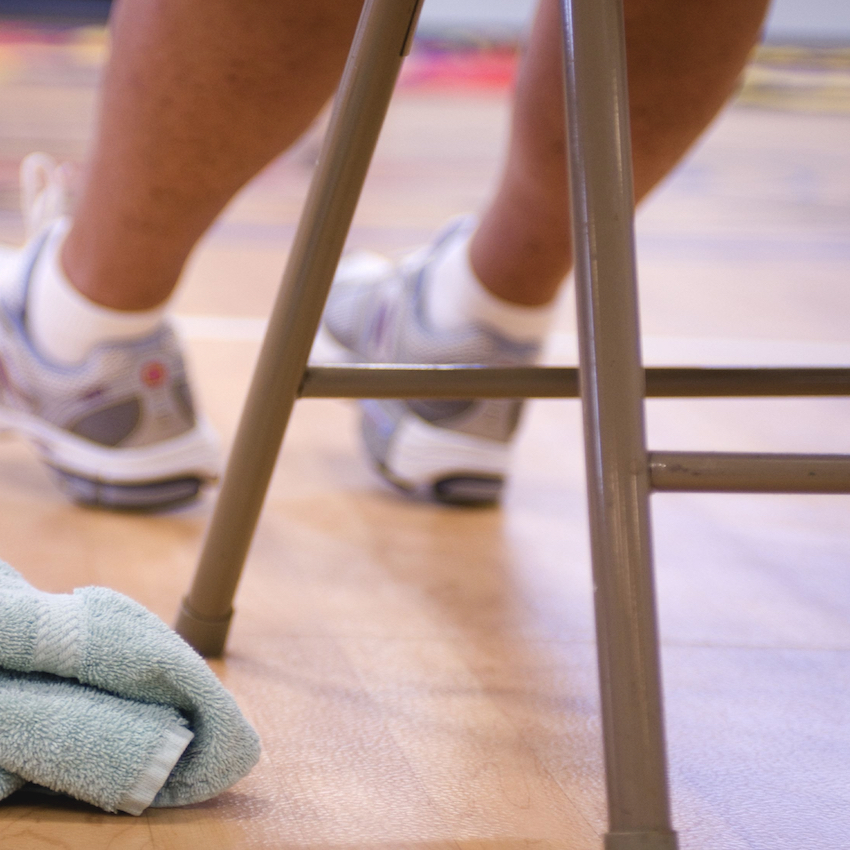
Have you ever plopped down on the couch and noticed your whole insides feel like you’ve been stepped on by an elephant? For women who are more sensitive to the surging progesterone hormone, ovulation can be a day or two of total discomfort. This is partly related to mittelschmerz, and partly just because everything is achy and irritated around your cervix during ovulation. If it hurts when you sit down and you’re near the middle of your cycle, you could be experiencing your most fertile day.
8. Your Partner Will Find You More Attractive
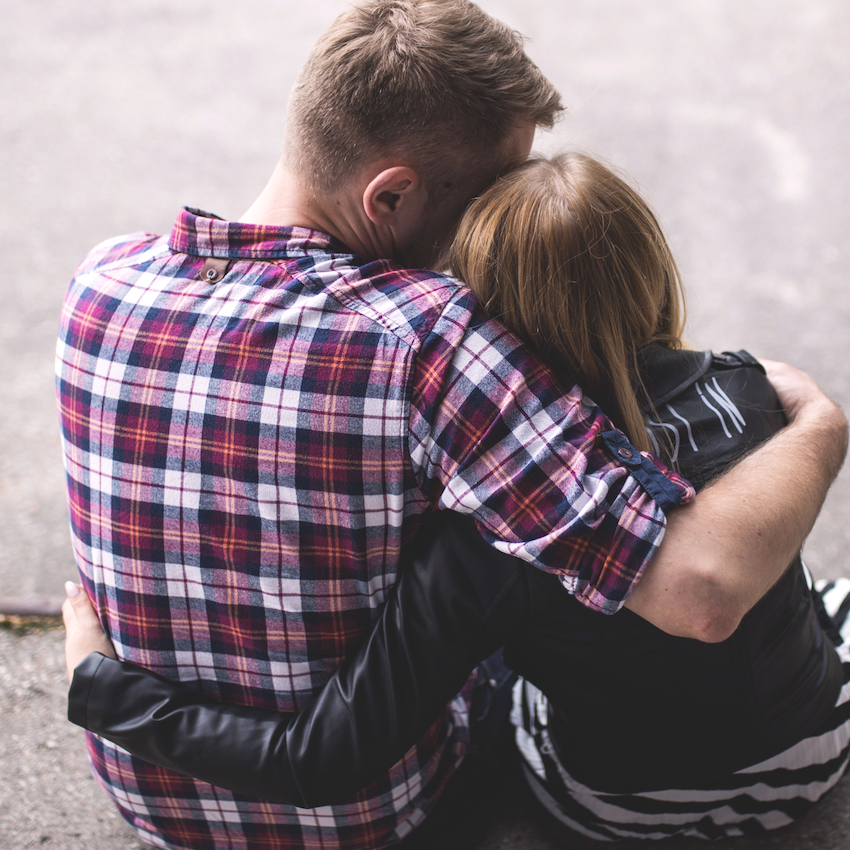
And so will you! Once the period-induced breakouts fade and the bloating recedes, you may look in the mirror one morning and be greeted by clear, radiant skin with a natural, subtle pink hue. We’ll definitely take more ovulation signs like this! According to a study by researchers at the University of St. Andrews via The Telegraph, “Women are effectively advertising their general fertility with their faces… Fertile women display fuller lips, plumper cheeks, brighter eyes, and smoother skin — all courtesy of the extra estrogen that comes with ovulation.”
9. Your Body Temperature Will Rise
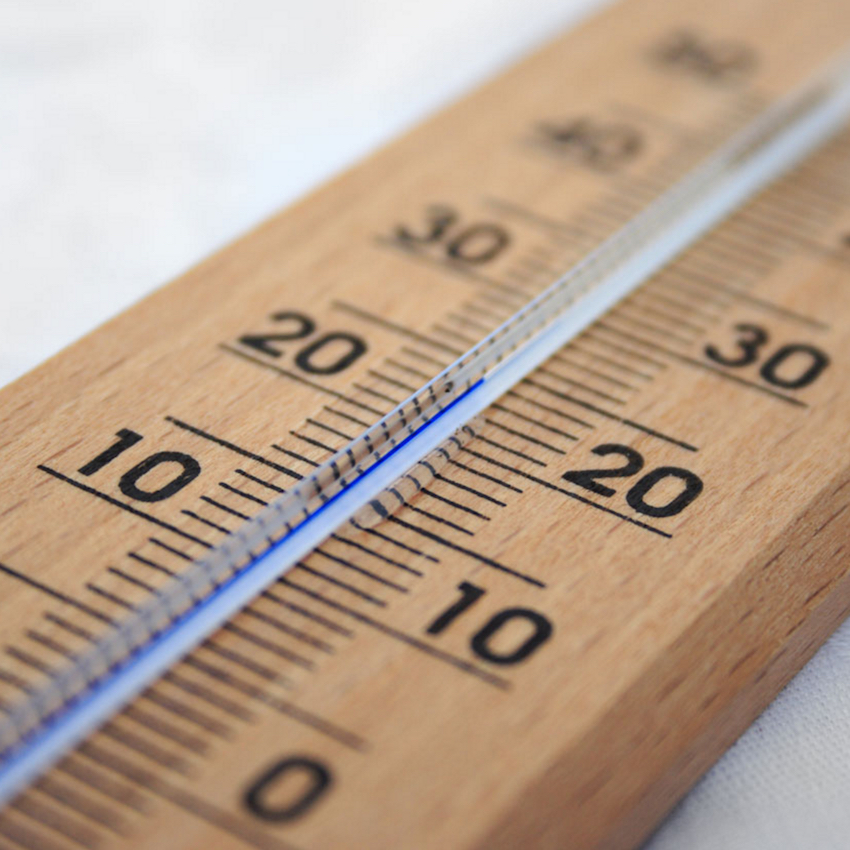
Your body’s basal, or resting, temperature takes a bit of a roller coaster ride each month, rising and falling with a natural rhythm that's in tandem with your cycle. Many women track their basal body temperature and chart the results as a way to get pregnant, and they’re able to do this because there’s a distinct peak in the ovulation temperature, according to the Mayo Clinic. So, if you have a higher-than-normal basal temperature, ovulation is likely the culprit as long as you’re not ill.
10. Your Joints Might Ache
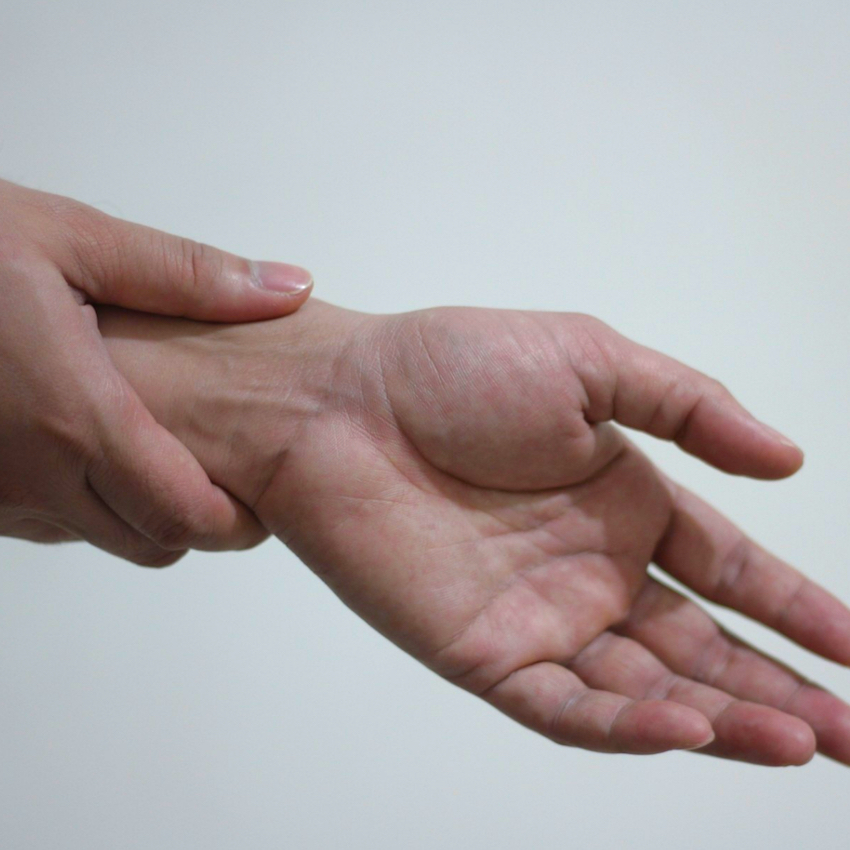
Some women who stay closely in tune with their bodies may notice that their joints get a little achy around the middle of their cycle. Though it may sound crazy, there is some scientific basis for this. According to the website menstrual-cycle-calculator.com, “prostaglandin, a hormone released at the time of ovulation, can cause inflammation and joint aches.”
What ovulation symptoms do you experience each month? Please SHARE this article with anyone who needs to learn more about the signs of ovulation.


